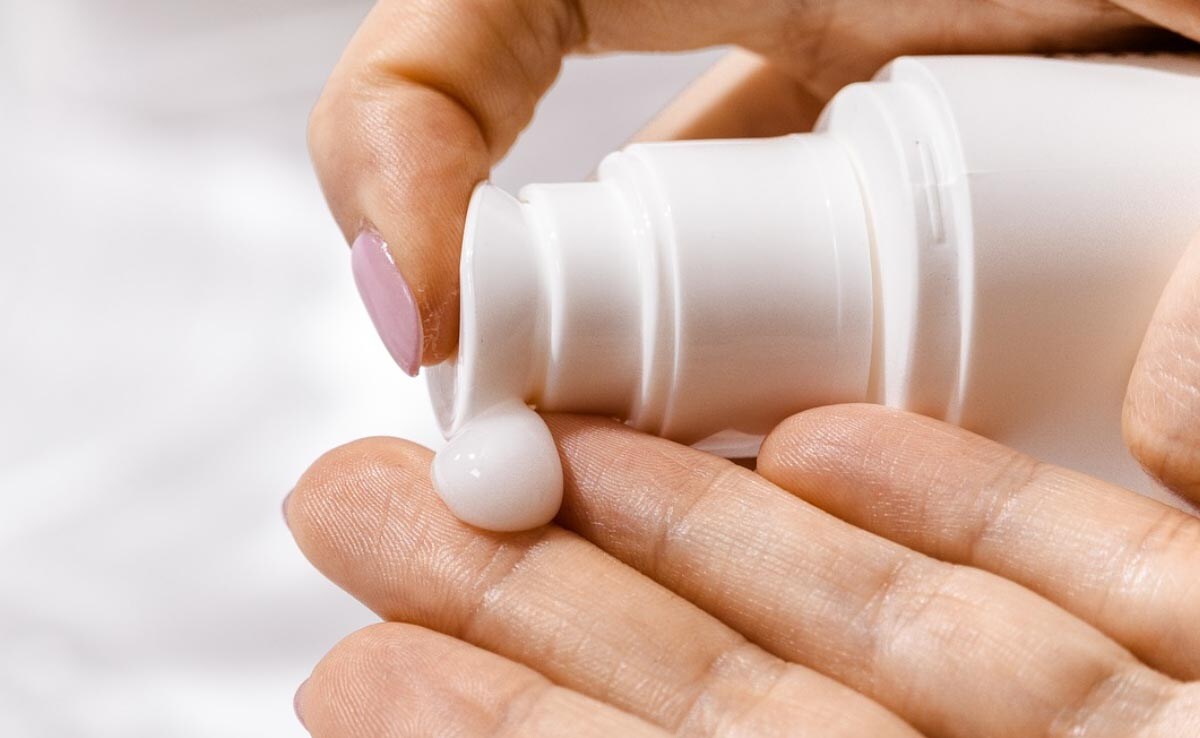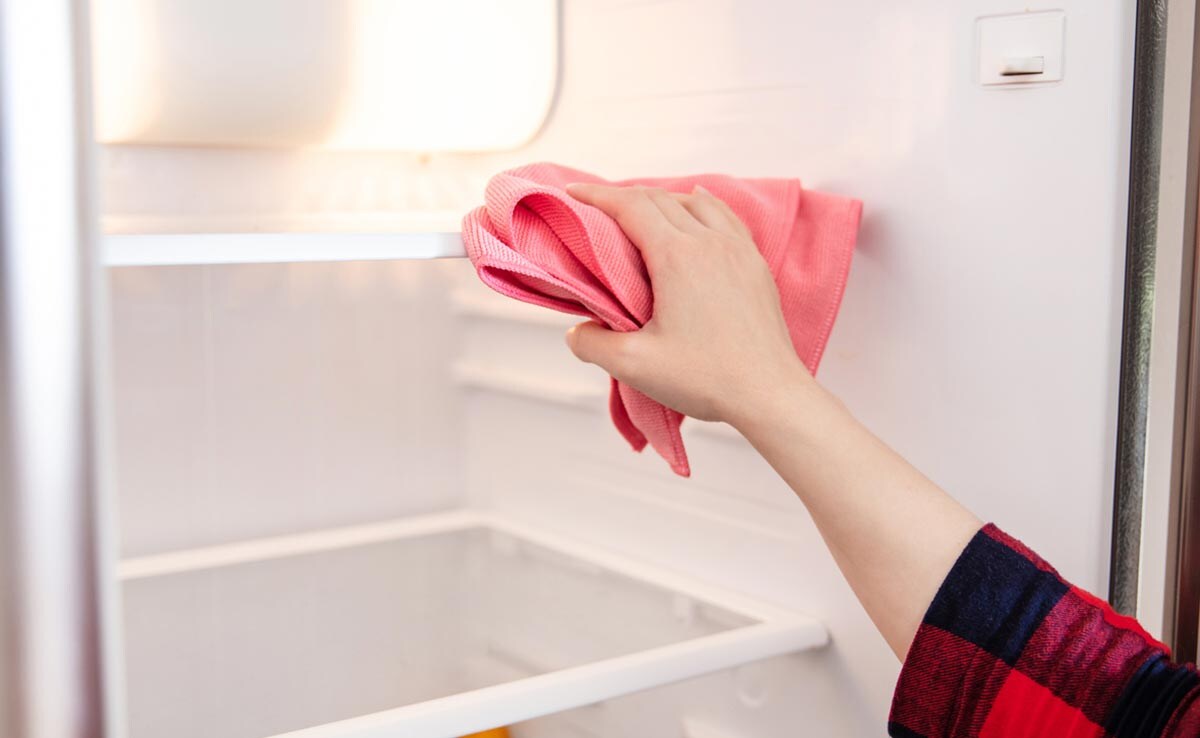
Monsoon season brings with it a host of infections due to increased humidity, stagnant water, and a rise in the population of disease-carrying insects like mosquitoes. These diseases may include dengue, malaria, typhoid, and so on. To safeguard your health, it's crucial to take preventive measures. To help you better protect yourself from these diseases we share below 7 tips to reduce the risk of monsoon infections. We explain how each tip works and how to follow them effectively for better health.
Tips to help prevent infections in monsoon
1. Boost your immunity
A strong immune system is your first line of defence against infections. During the monsoon, the body's immune response can be weakened due to fluctuating weather conditions, making you more susceptible to viruses, bacteria, and other pathogens. Incorporate immunity-boosting foods like citrus fruits, garlic, ginger, turmeric, and green leafy vegetables into your diet.
2. Maintain personal hygiene
Personal hygiene practices, such as regular hand washing and proper grooming, help prevent the spread of germs and reduce the risk of infections like the flu, cold, and gastrointestinal diseases. Wash your hands with soap and water frequently, especially before meals and after using the restroom. Keep your nails trimmed, bathe daily, and wear clean, dry clothes. Use alcohol-based hand sanitisers when soap and water are not available.
3. Drink safe water
Contaminated water is a major source of infections during the monsoon, leading to diseases like cholera, typhoid, and diarrhoea. Ensuring safe drinking water helps prevent these waterborne diseases. Boil water before drinking or use a reliable water purifier. Avoid drinking water from unknown sources, and carry your own water when going out. If consuming bottled water, ensure that the seal is intact.

Photo Credit: iStock
4. Avoid street food
Street food is often prepared in unhygienic conditions and can be a breeding ground for bacteria and viruses, especially during the monsoon. Consuming contaminated food can lead to food poisoning and other digestive issues. Prepare meals at home using fresh, clean ingredients. If you must eat out, choose reputable places with good hygiene practices. Opt for freshly cooked, hot food rather than cold or raw items.
5. Use mosquito repellents
Mosquitoes thrive during the monsoon and are carriers of diseases like malaria, dengue, and chikungunya. Using mosquito repellents helps reduce the risk of mosquito bites and related infections. Apply mosquito repellent creams or sprays on exposed skin. Use mosquito nets, especially at night, and install mesh screens on windows and doors. Eliminate stagnant water around your home to prevent mosquito breeding.

Photo Credit: iStock
6. Wear appropriate clothing
Wearing the right clothing can help protect your skin from infections, insect bites, and dampness-related issues like fungal infections. Wear loose, light, and breathable fabrics that dry quickly. Long-sleeved shirts and pants can help protect against mosquito bites. Change out of wet clothes promptly to avoid fungal infections.
7. Keep your environment clean
A clean environment reduces the chances of infections by limiting the growth and spread of harmful bacteria, viruses, and pests. Regularly clean your home, particularly damp areas like bathrooms and kitchens. Dispose of garbage properly and ensure that drains and gutters are unclogged to prevent water-logging. Use disinfectants to clean surfaces and floors.

Photo Credit: iStock
By following these tips diligently, you can significantly reduce the risk of infections during the monsoon season and enjoy the season in good health.
Disclaimer: This content including advice provides generic information only. It is in no way a substitute for a qualified medical opinion. Always consult a specialist or your doctor for more information. NDTV does not claim responsibility for this information.
Track Latest News Live on NDTV.com and get news updates from India and around the world

